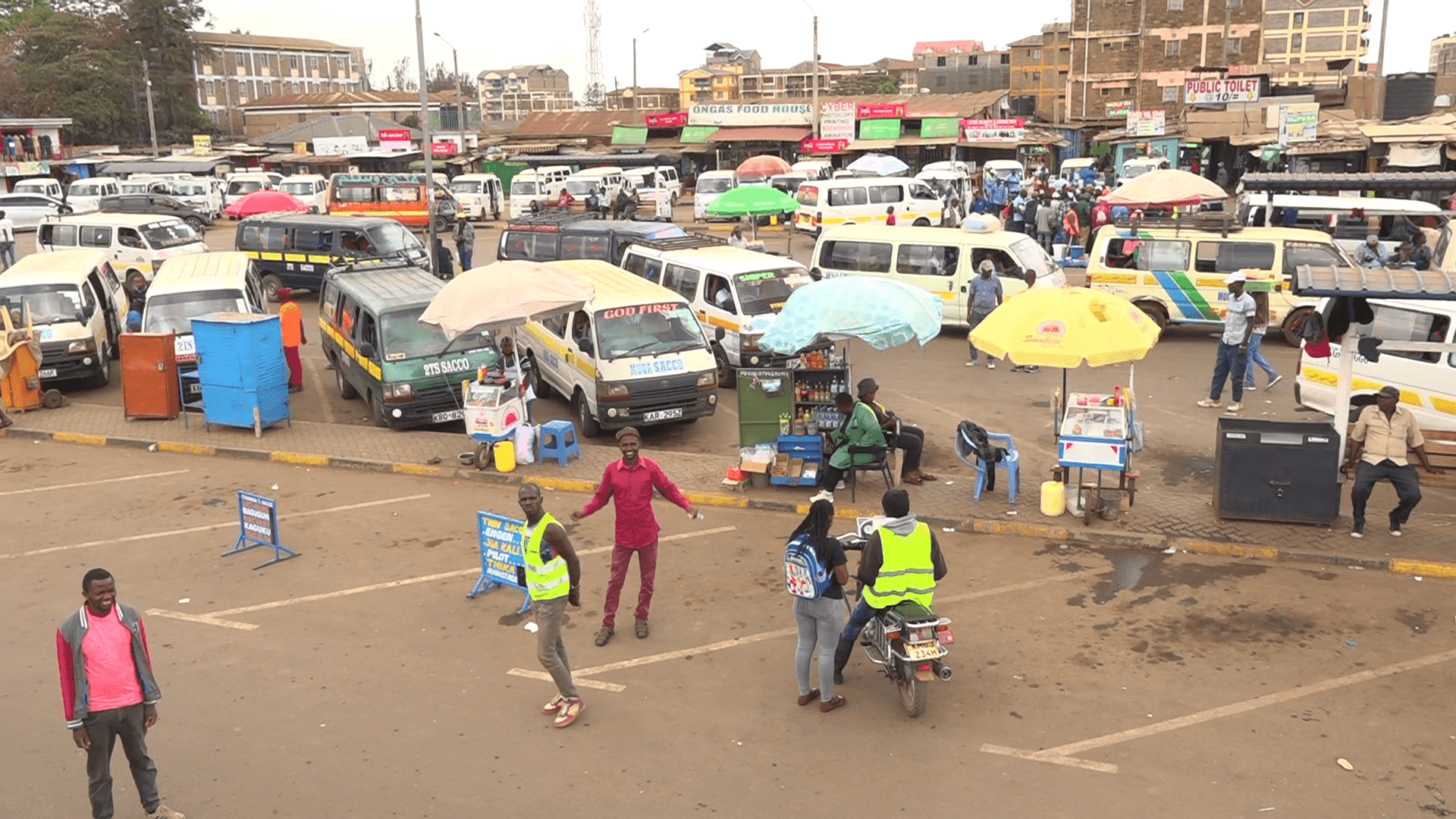We're loading the full news article for you. This includes the article content, images, author information, and related articles.
A landmark court ruling has transferred ownership of the vital Makongeni Bus Park to the Postal Corporation of Kenya, jeopardising the livelihoods of over 2,000 transport operators and traders in Thika and creating uncertainty for a key transport hub recently upgraded by the county government.

THIKA, KENYA – The Environment and Land Court in Thika has ordered the Kiambu County Government to immediately surrender control of the Makongeni Bus Park, ruling that the four-acre property rightfully belongs to the Postal Corporation of Kenya (PCK). The decision, delivered on Friday, October 24, 2025, concludes a contentious seven-year legal dispute and casts a long shadow over the future of thousands of Kenyans who depend on the bustling terminus.
In a significant blow to the county administration, the court mandated that all operations managed by the devolved government must cease. Furthermore, the ruling compels the county to remit all revenues collected from the bus park's operations to PCK, backdated to June 16, 2018. This verdict has triggered immediate uproar among the transport operators, traders, and workers who form the economic backbone of the facility.
The legal battle for the prime land began after the administration of then-Governor Ferdinand Waititu allocated the previously idle plot for the establishment of a new bus park in 2017, aiming to decongest Thika's central business district. The move was challenged by PCK, which asserted its ownership of the land. An initial court order in January 2019 barred the county from proceeding with the development, though the county government had already launched the park.
Despite the ongoing legal challenges, the bus park became a vital transport hub. The current administration, under Governor Kimani Wamatangi, invested significantly in upgrading the facility. Earlier this year, the governor officially opened the modernised 10,000-square-meter park, which featured tarmacked surfaces, solar-powered floodlights, and new public toilets. At the time of the reopening, officials reported that 72 active matatu, bus, and tuk-tuk SACCOs were operating from the terminus, serving routes to destinations like Kitui and Matuu.
The court's decision has been met with dismay by those whose livelihoods are now at risk. Matatu operators and local traders estimate that more than 2,000 people are directly and indirectly employed by the park's ecosystem, which includes food vendors, mechanics, and shopkeepers. Speaking to journalists at the terminus following the ruling, operators expressed shock and fear of losing their primary source of income.
"We have been here for seven years, paying our dues to the county government and operating peacefully. If we are evicted, many of us will lose our jobs,” one operator, Jack Muchiri, told The Star newspaper on Friday. The affected groups are now appealing to both the Kiambu County Government and the Postal Corporation of Kenya to negotiate an amicable solution that would either allow them to continue their operations or provide for a viable relocation site.
As of Friday evening, EAT, neither the office of Governor Kimani Wamatangi nor the Postal Corporation of Kenya had issued a formal public statement on the court's ruling or their intended next steps. The silence from the two principal entities leaves the fate of the Makongeni Bus Park and its community in a state of suspense. The county government faces the dual challenge of losing a significant public facility and a source of revenue, while PCK must decide its plans for the valuable four-acre property. FURTHER INVESTIGATION REQUIRED.
The Thika Makongeni bus park case highlights the persistent challenges surrounding the ownership and administration of public land in Kenya, particularly land held by government parastatals. The seven-year legal fight underscores the complexities that arise when county governments allocate land for public use that is later claimed by other state entities. This ruling serves as a critical precedent for how such disputes may be adjudicated in the future, emphasising the importance of clear title deeds and due diligence in public development projects. The economic disruption in Thika is a stark reminder of the human cost of prolonged inter-governmental land disputes.
Keep the conversation in one place—threads here stay linked to the story and in the forums.
Sign in to start a discussion
Start a conversation about this story and keep it linked here.
Other hot threads
E-sports and Gaming Community in Kenya
Active 9 months ago
The Role of Technology in Modern Agriculture (AgriTech)
Active 9 months ago
Popular Recreational Activities Across Counties
Active 9 months ago
Investing in Youth Sports Development Programs
Active 9 months ago